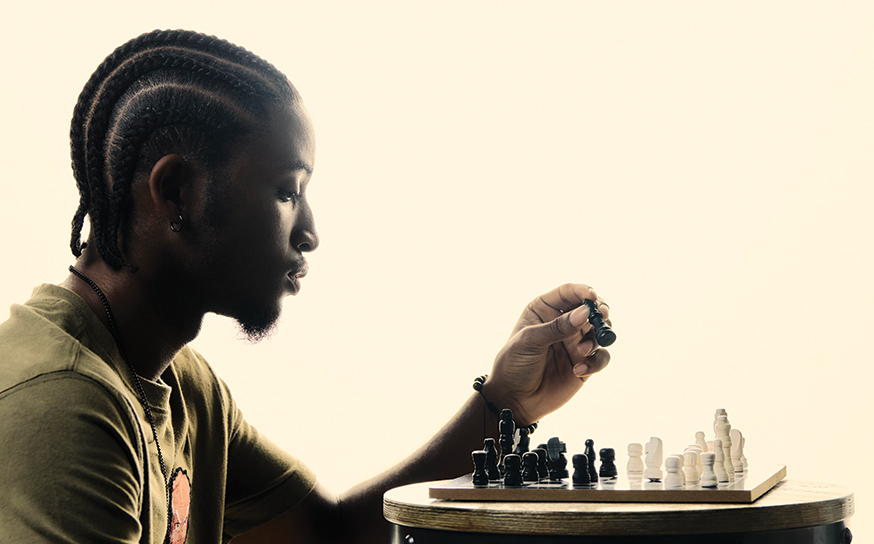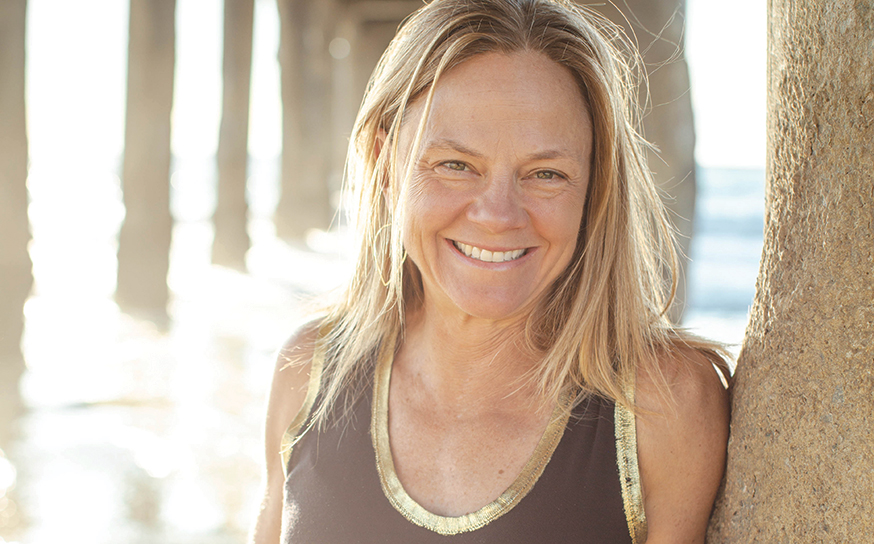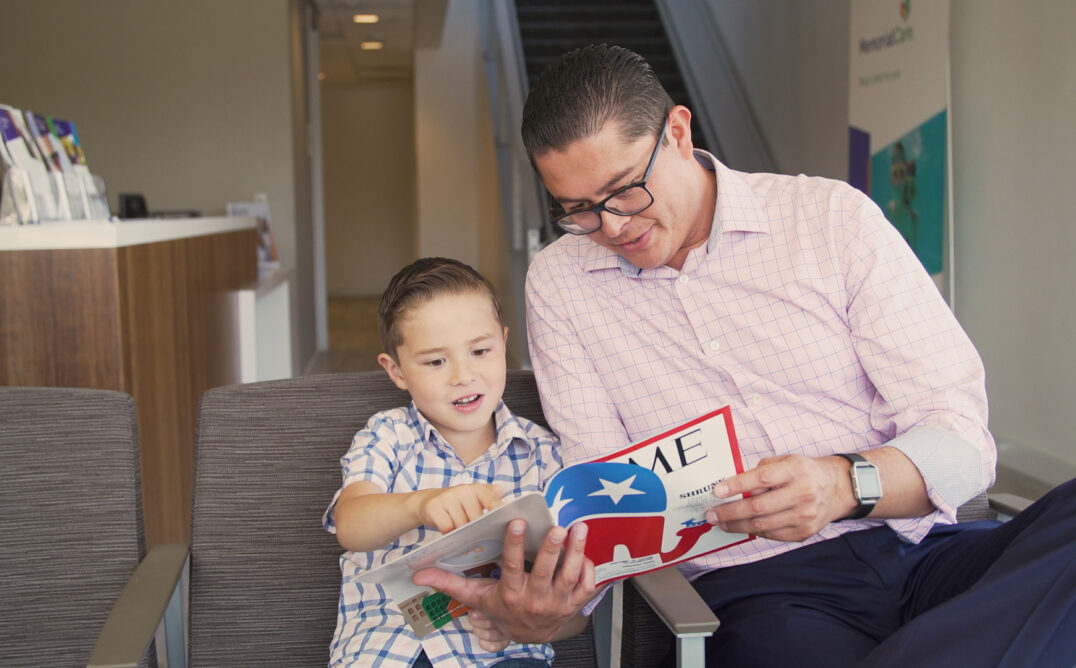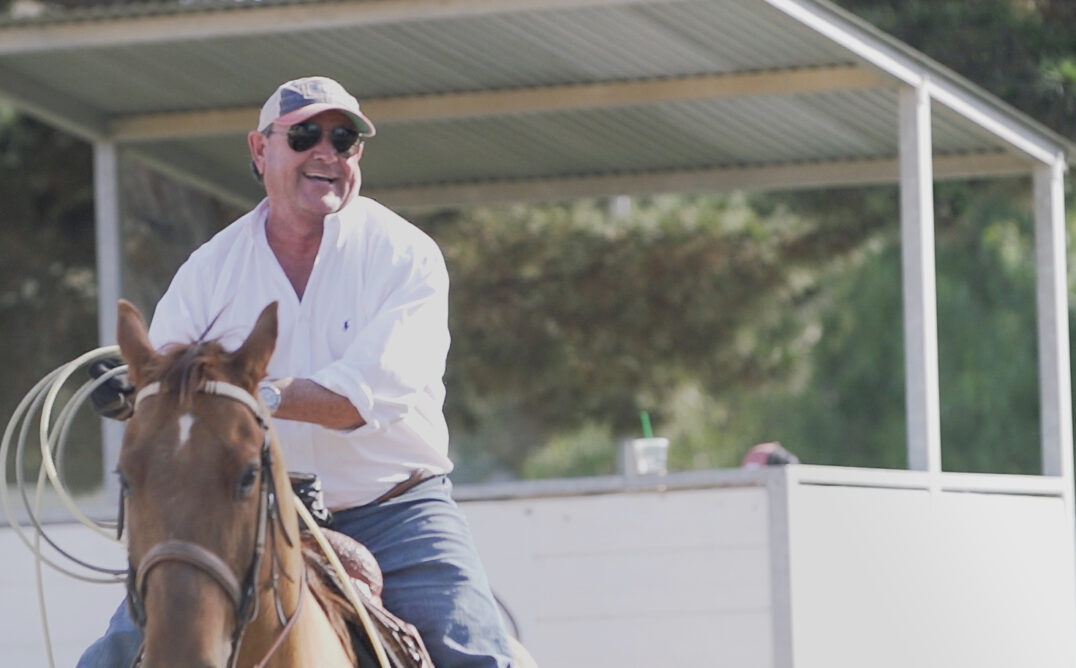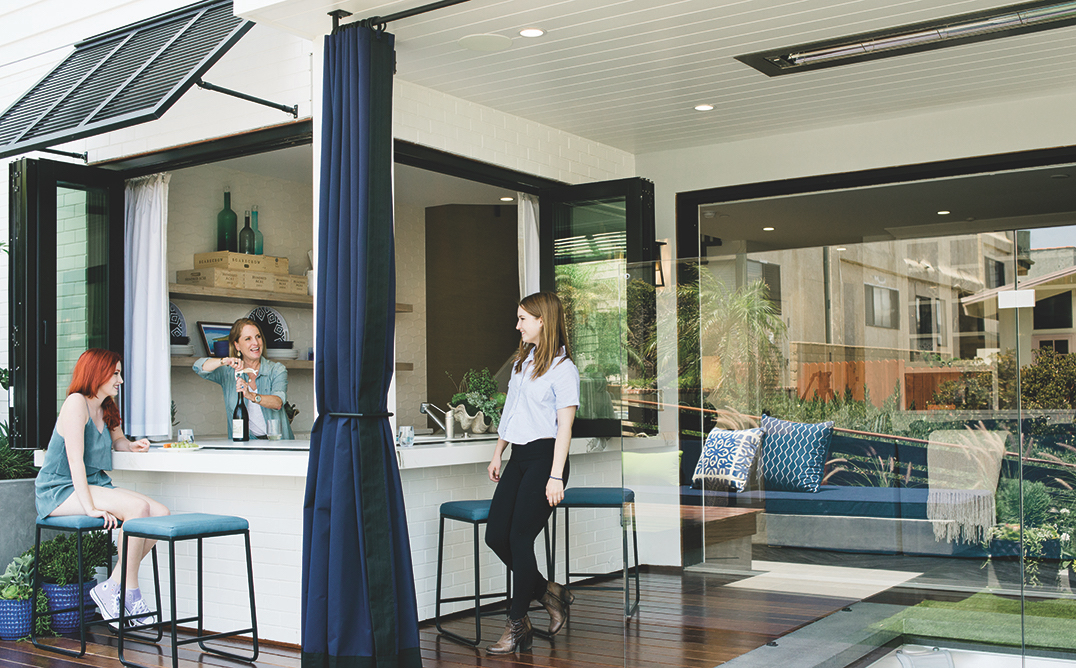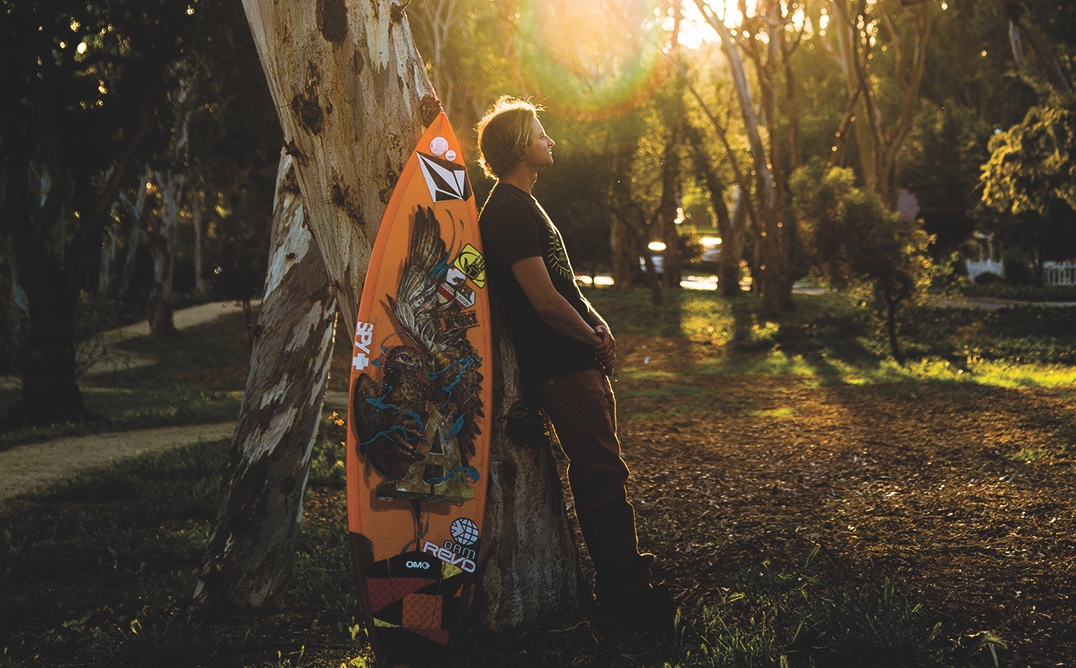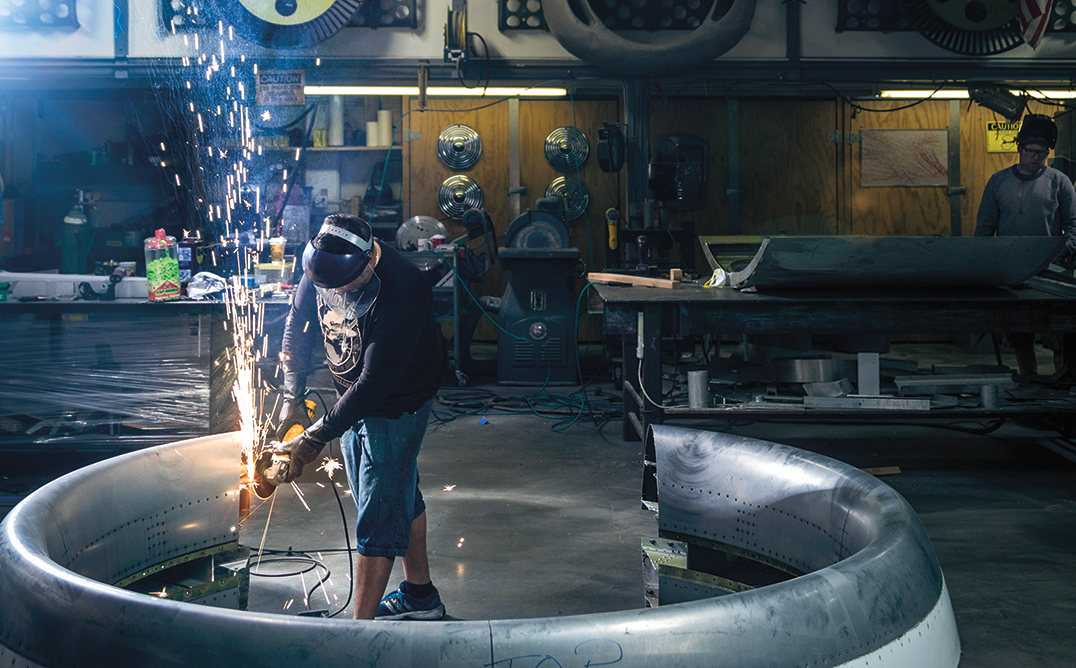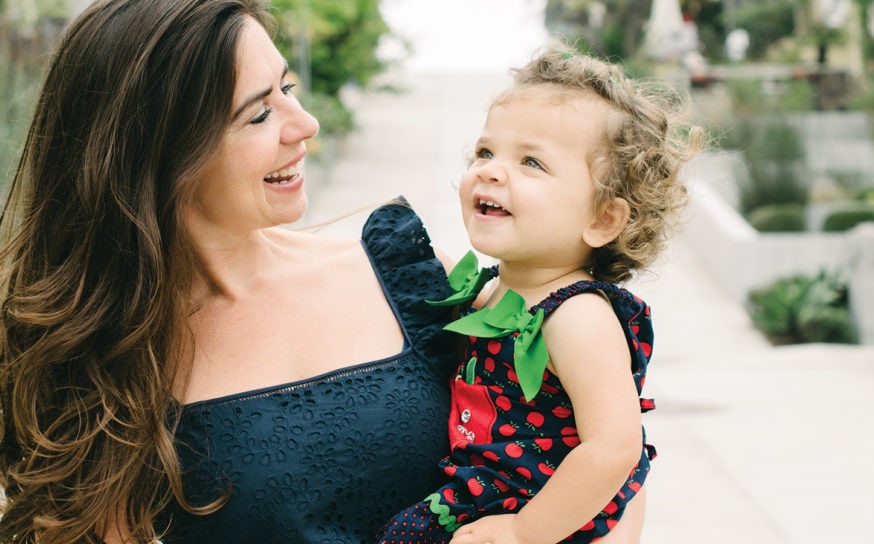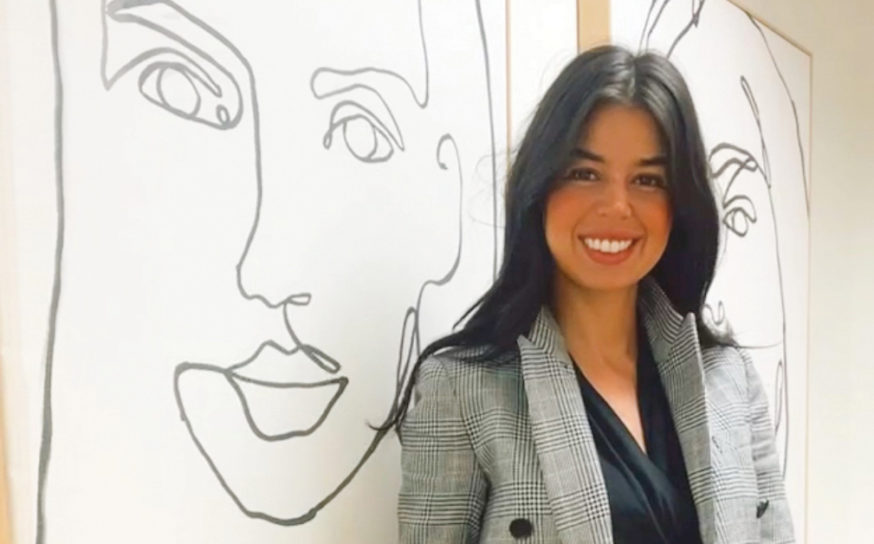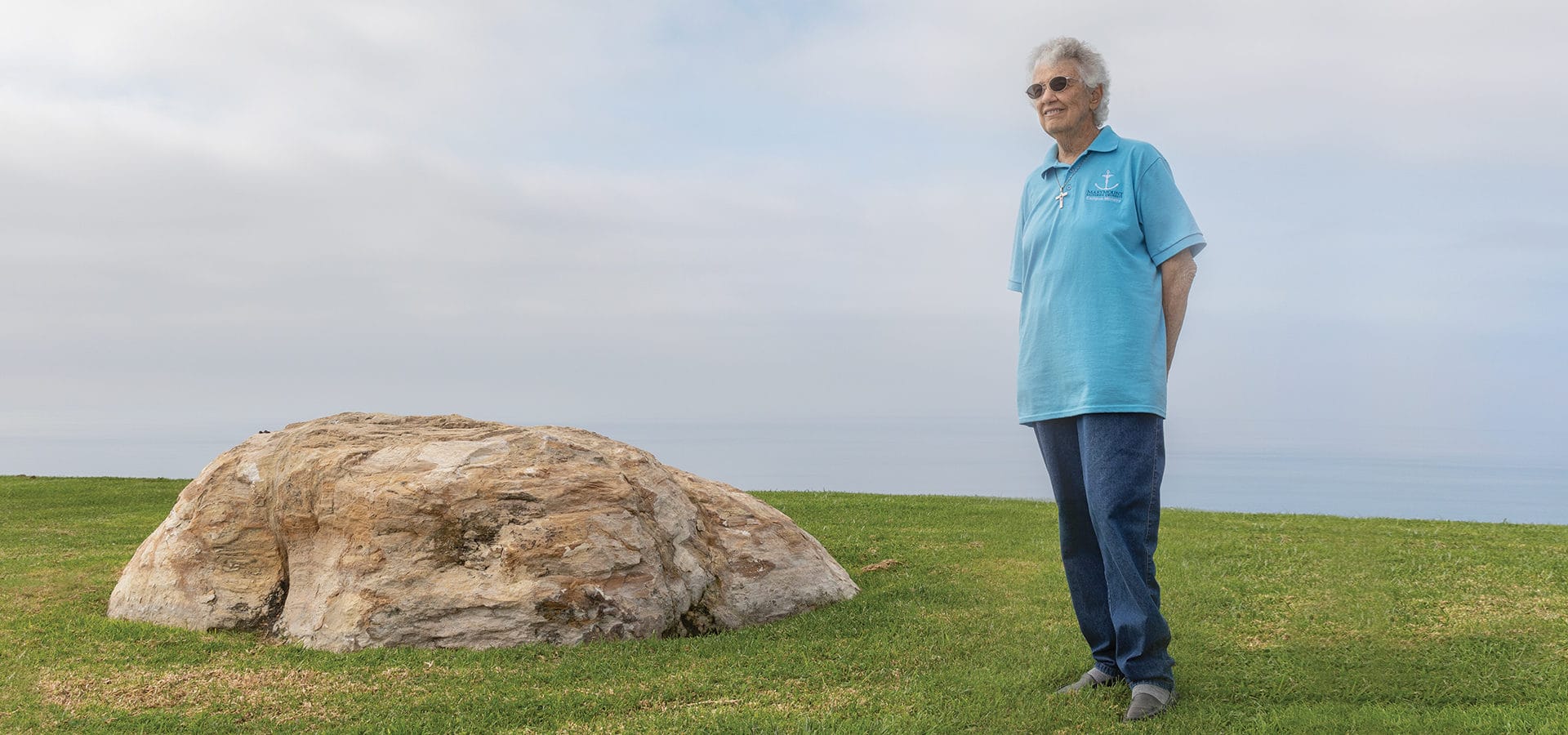
A French Sister’s One-year Assignment Leads to Five Decades of Service at the South Bay’s Pocket Catholic University
Mission and ministry.
- CategoryPeople
- Written byColleen Farrell
- Photographed byMonica Orozco
In 1969 Sister Antoine-Marie Baurier, a member of the Religious of the Sacred Heart of Mary, was teaching math and science at Marymount School in Paris when another sister asked her for a favor: to take on her one-year assignment in California.
“At that time I had never been across the puddle, so that was something kind of new,” she says in a faint French accent. “So I came for one year, and I’m still here.”
Although she earned a degree in science at the Sorbonne, she was asked to teach French and Spanish at her new school, Marymount High School—a small campus with an ocean view nestled in the hills of Rancho Palos Verdes. Shortly after her arrival, the school became Marymount College, a two-year institution with about 100 students.
In 2013 the school transitioned from a two-year college to become a four-year university under the new name Marymount California University. Today—51-years later with just 650 students—the micro-campus has stayed true to its intent of serving a small student body. At age 86, Sister Antoine is still honoring her commitment to teaching French and Spanish at the school. She says she doesn’t much ponder why her assignment turned out to be so lengthy.
“She goes beyond just going to work and doing her job and going back in the community to pray. She is totally involved in the lives of the people here.”
“I haven’t really taken the time to analyze that sort of thing. I’m not sure if they forgot about me or what. In religious life, you go where God sends you,” she says.
In the college’s early years, sisters held nearly every administrative position. In lean times the sisters would donate 75% of their salaries back to the school. As the years went by, the sisters gradually passed away or retired. Sister Antoine now calls herself “the last of the Mohicans.”
Virginia Wade, who came to work at the school 44 years ago and eventually became associate provost and then a full-time faculty member (her current position), considers Sister Antoine one of the “wonderful women I learned leadership skills from.” She recalls one afternoon that left a lasting impression. After a long day on campus, she spotted Sister Antoine unloading countless loaves of bread donated by a grocery store and delivering them to food banks and people in need.
“I just remember being exhausted, thinking, ‘I’m going home and putting my feet up, and here she is, older than me, going out to still serve people in more ways,’” Virginia says. “She goes beyond just going to work and doing her job and going back in the community to pray. She is totally involved in the lives of the people here.”
Through the years, Sister Antoine regularly debunked Virginia’s stereotypes about those who have chosen a life of the cloth. “When I first started, the sisters were only out of habit for a few years. And none were allowed to wear slacks or shorts back then,” Virginia says. “Yet at the end of the day, I would be going across campus, and there’s Sister in a bathing suit and a bathrobe and flip-flops, walking toward the swimming pool, going swimming.”
Because of COVID-19, Sister Antoine’s classroom looks different this semester than in decades past. But she hasn’t missed a technology beat, pivoting to Zoom. This amuses but doesn’t surprise Virginia, who receives “pithy” text messages from her friend and colleague peppered with her favorite emojis.
“This woman is a human being—a vital woman who, [even though] she is a nun, she is still an individual. She has kept her humanness and ability to understand students,” Virginia says. “I always thought the life of a priest or a nun was a life of deprivation, but I’ve actually learned from her and other sisters that it’s a life of fulfillment.”
Southbay ‘s Annual Spring Style Guide Has the Latest Fashion Trends, Jewelry, Home Goods and Gifts!
Shop local and support our amazing businesses.







